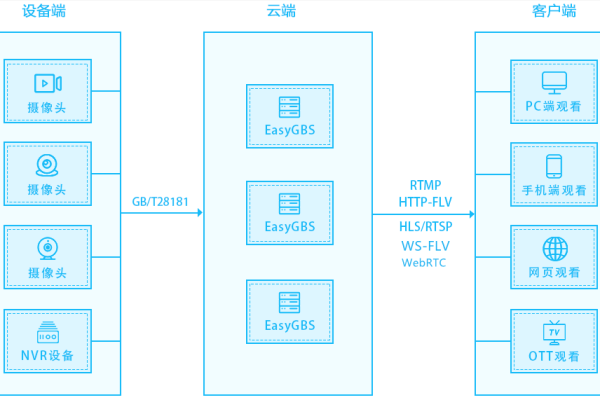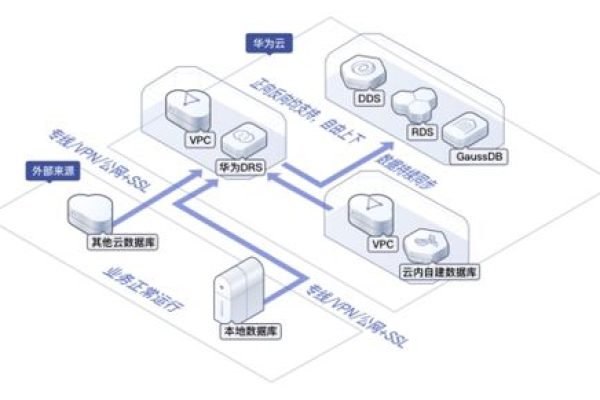consider defining a bean of type java.lang.string in your configuration.
- 行业动态
- 2025-03-16
- 4
一、问题背景
在Spring框架中,java.lang.String 是一个基本数据类型,通常不需要显式地定义为一个Bean,在某些特定情况下,你可能需要将String 类型的值作为Bean进行管理,当你需要通过Spring的依赖注入机制来管理一些配置信息或者常量时,定义一个String 类型的Bean可能会显得更加直观和方便。
二、解决方案
使用 `@Value` 注解
@Value 注解是Spring提供的一种便捷方式,用于将属性文件中的值注入到Spring管理的Bean中,虽然它主要用于注入简单类型(如String、int 等),但也可以用于将字符串值注入到某个字段中。
import org.springframework.beans.factory.annotation.Value;
import org.springframework.stereotype.Component;
@Component
public class MyComponent {
@Value("${my.custom.property}")
private String myProperty;
// getter and setter methods
public String getMyProperty() {
return myProperty;
}
public void setMyProperty(String myProperty) {
this.myProperty = myProperty;
}
}
在上面的例子中,我们使用@Value 注解将application.properties 文件中的my.custom.property 属性值注入到myProperty 字段中。
2. 使用@Configuration 类定义Bean
如果你需要在Java配置类中定义一个String 类型的Bean,可以使用@Bean 注解来实现,这种方式适用于更复杂的场景,比如你需要根据某些条件动态生成这个字符串值。
import org.springframework.context.annotation.Bean;
import org.springframework.context.annotation.Configuration;
@Configuration
public class AppConfig {
@Bean
public String myCustomString() {
return "This is a custom string defined as a bean";
}
}
在这个例子中,我们定义了一个名为myCustomString 的Bean,其返回值是一个固定的字符串,你也可以根据需要返回不同的字符串值。
3. 使用Environment 对象获取属性值

另一种常见的做法是通过Environment 对象来获取外部配置文件中的属性值,这种方法通常与@Autowired 注解一起使用,以便在需要时自动注入Environment 对象。
import org.springframework.beans.factory.annotation.Autowired;
import org.springframework.core.env.Environment;
import org.springframework.stereotype.Component;
@Component
public class MyComponent {
@Autowired
private Environment env;
public String getMyProperty() {
return env.getProperty("my.custom.property");
}
}
在上面的例子中,我们通过Environment 对象的getProperty 方法获取了application.properties 文件中的my.custom.property 属性值。
三、示例代码整合
以下是一个完整的Spring Boot应用程序示例,展示了如何在不同的场景下定义和使用String 类型的Bean:
1. application.properties
application.properties my.custom.property=Hello, World!
2. AppConfig.java

import org.springframework.context.annotation.Bean;
import org.springframework.context.annotation.Configuration;
@Configuration
public class AppConfig {
@Bean
public String myCustomString() {
return "This is a custom string defined as a bean";
}
}
3. MyComponent.java
import org.springframework.beans.factory.annotation.Autowired;
import org.springframework.beans.factory.annotation.Value;
import org.springframework.core.env.Environment;
import org.springframework.stereotype.Component;
@Component
public class MyComponent {
@Value("${my.custom.property}")
private String myProperty;
@Autowired
private Environment env;
public String getMyProperty() {
return myProperty;
}
public String getMyPropertyFromEnv() {
return env.getProperty("my.custom.property");
}
}
4. Application.java
import org.springframework.boot.SpringApplication;
import org.springframework.boot.autoconfigure.SpringBootApplication;
import org.springframework.context.ApplicationContext;
@SpringBootApplication
public class Application {
public static void main(String[] args) {
ApplicationContext context = SpringApplication.run(Application.class, args);
MyComponent component = context.getBean(MyComponent.class);
System.out.println("myProperty: " + component.getMyProperty());
System.out.println("myProperty from Environment: " + component.getMyPropertyFromEnv());
}
}
四、相关问答FAQs
1. 为什么通常不需要将String 定义为Bean?
通常情况下,String 类型的值可以通过其他方式(如@Value 注解、Environment 对象等)直接注入到Spring管理的Bean中,而无需显式地将其定义为一个独立的Bean,这样做可以减少配置的复杂性,并提高代码的可读性。
2. 在什么情况下需要将String 定义为Bean?

虽然大多数情况下不需要将String 定义为Bean,但在某些特定场景下,这样做可能是必要的。
当你需要通过Spring的依赖注入机制来管理一些配置信息或常量时。
当你需要在某个组件中多次使用同一个字符串值,并且希望这个值能够在运行时被动态修改时。









